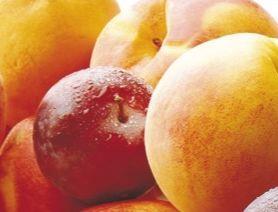
USDA officials have recognised the central and southern oases of Mendoza in the mid-west of Argentina as areas free of Mediterranean fruit fly, thereby opening the door for fruit and vegetable exports to the US market.
Although the move will mean produce shipments from the two areas to the US are no longer subject to an expensive cold treatment process, market access will still remain limited, according to local suppliers.
“The economic situation in Argentina jeopardises the possibilities for exporters since the high production costs for some fruits are higher than the sales prices than can be expected `in the US`,” one cherry grower-exporter told Americafruit.
Furthermore, Mendoza’s early-producing cherry orchards, whose fruit garners the best prices, are located in the northern oasis of the region, which has not been declared fruit fly free.
Suppliers expect exports from Mendoza to the US will be moderate as a result.
Mendoza produces a range of stonefruit, including cherries, peaches and plums, as well as apples and pears, and vegetables including asparagus, garlic and onions.
According to a report by Los Andes, the export protocol with the US has been approved with only the quality checks and approved exporters yet to be established.
To facilitate that process, the opening of a USDA controller’s office in Mendoza is apparently being considered given the distance to the agency’s headquarters in Río Negro, southern Argentina.
Another report by Los Andes has also suggested the possibility of establishing a direct air cargo connection from Mendoza to Miami for perishable good, primarily fruits and vegetables.
Following a meeting between Mendozan politicians and Miami transport leaders, Miami International Airport representative Ernesto Rodríguez, reportedly said that a direct connection between the two cities could be justified if there was sufficient volume for at least three flights a week.






No comments yet